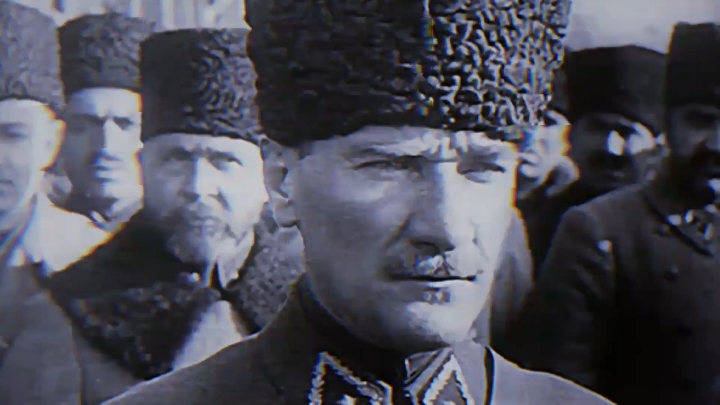✌️BUTT✌️AQIB
Region: GR
Friday 14 July 2023 11:54:57 GMT
1030
134
0
1
Music
Download
Comments
There are no more comments for this video.
To see more videos from user @butt.aqib, please go to the Tikwm
homepage.





